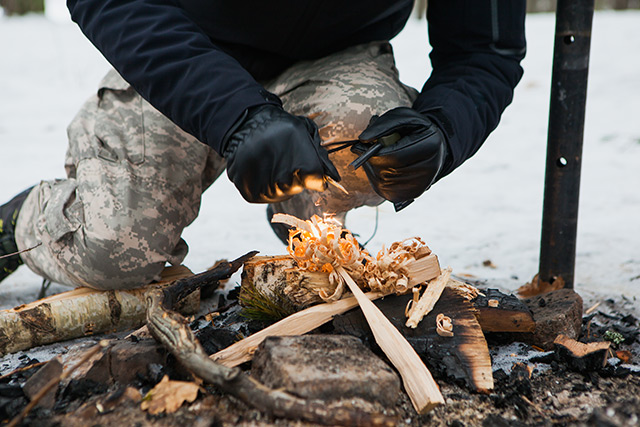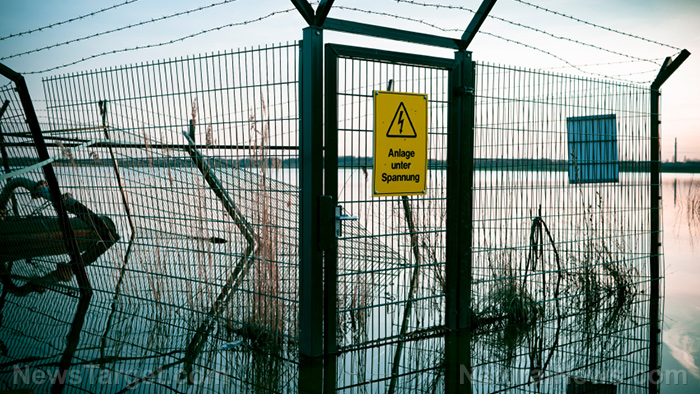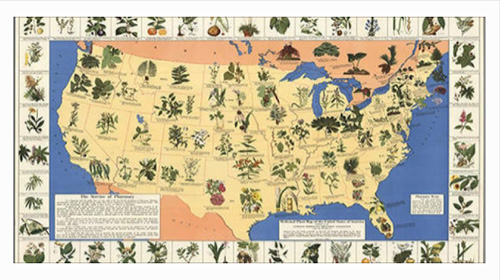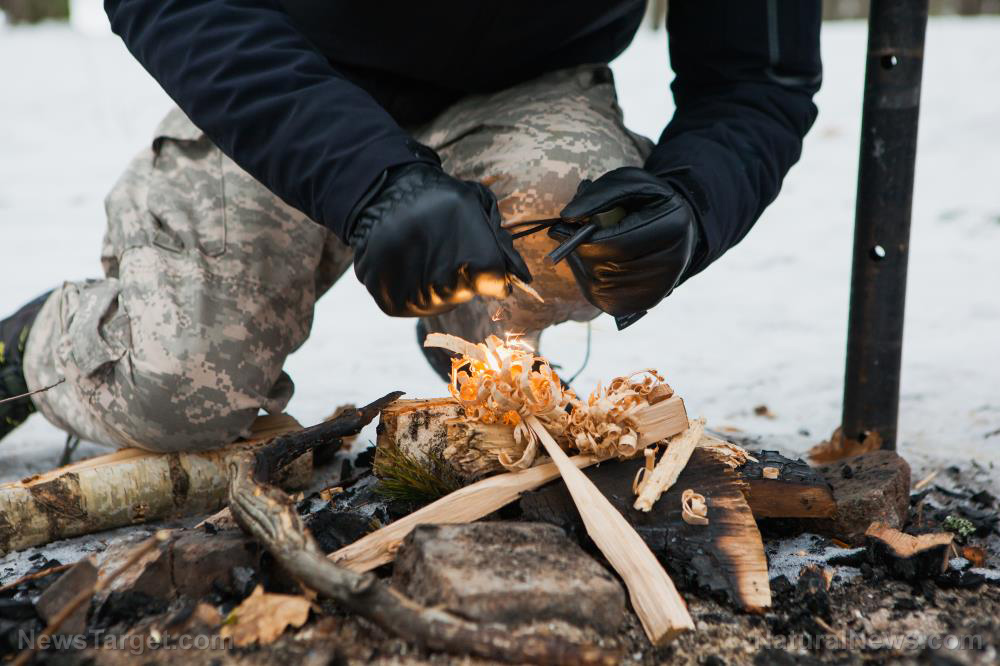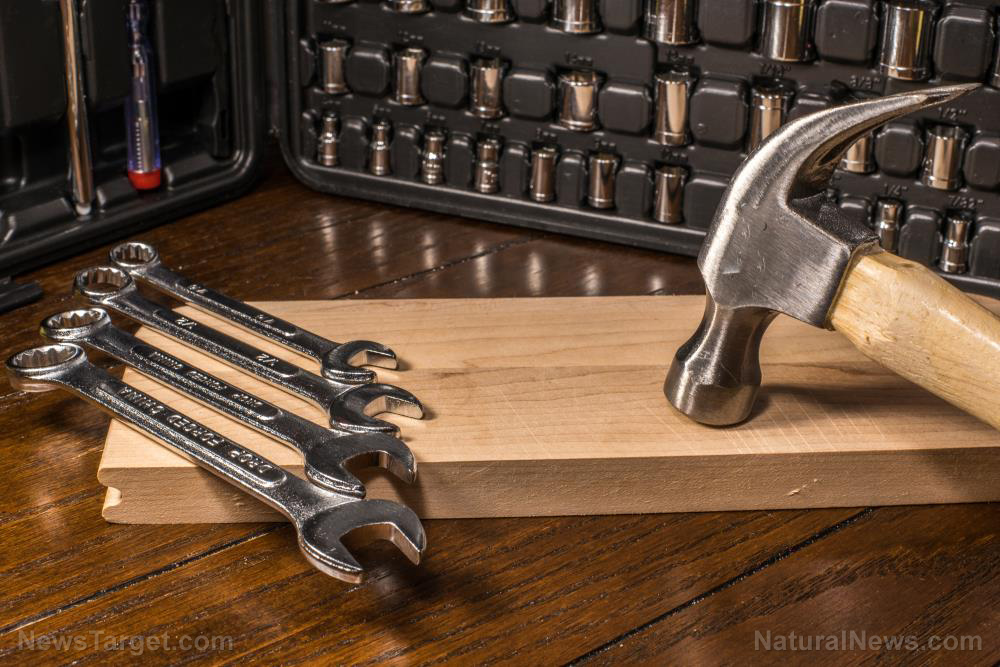Do your homework: Tips for making sure you get a good deal when buying your homestead property
01/17/2018 / By Zoey Sky
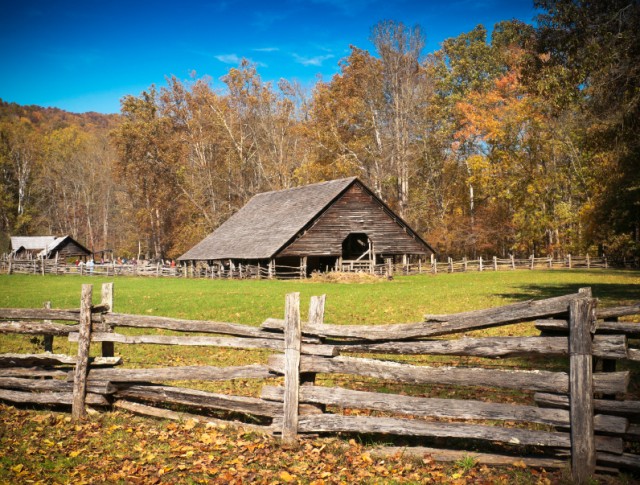
Homesteading isn’t for everyone, especially those who aren’t used to hard work. But if you’ve decided to give it a try, read on for some tips that can help you buy reasonably priced land for your homestead. (h/t to The Survivalist Blog)
Things to consider before you purchase any property
- Check the land and verify the corner posts. If you can’t see them, ask the seller to show you where they are. Corner posts, which are placed into the ground, will help you determine “where every edge of a parcel of ground sits.” If you don’t survey the land, you won’t know where you’re allowed to build on your property without infringing on your neighbor’s land.
- Get in touch with the treasurer and assessor of the county. Do this before you sign contracts or give someone your payment. You must personally contact or call the treasurer as well as the assessor of the county because they can help you confirm important details like who the actual landowner is, their address, the value of the land, the state of the taxes, etc. If you don’t know how to ask for the details, tell them you’re interested in buying a certain Parcel Number in a particular County and that any information can help. Take note of the parcel number and site (situs) address, along with the seller’s or real estate agent’s name. You can also check the websites of most counties.
- Keep in mind that the Environmental Protection Agency (EPA) “has a choke hold on land” in certain parts of the country. For example, if there is a source of water on or near the land you’re interested in, the EPA might ask you to get an ecological study done so you can determine if the land is inhabitable. But this might cost more than the land is worth, so proceed at your own risk.
- When purchasing any home or land, check if an illegal drug dealer, user, or manufacturer used the property because the chemicals or drugs possibly left behind might affect your health. (Related: Things To Look Out For When Starting A Homestead.)
- Consult an Escrow Agent. They will help you confirm if the title is “free and clear.”
- Confirm the availability of properties for sale through real estate agencies. Some agents can also tell you more about properties that they’re advertising.
- House and land brokers may have the information you need. Ask about “fixers” or property that needs fixing up. If a seller is refusing to offer certain property or they seem to be waiting for the “right” buyer, don’t waste your time pursuing them and try again with another seller.
- Banks finance homes and even land. They might even sell what they foreclose upon because they don’t want to lose the interest that could have been earned if the contracts were to be fulfilled.
- Browse the internet for properties for sale. You can try using search terms like “cheap acreage for sale in [state or location where you’re looking]” or “cheap fixers for sale in [location].” You can also search for the first two letters of the state along with “-realestate.net” or your state’s Multiple Listing Service (MLS), which is often free to the public. Other search terms might yield more results, but if you keep at it you can find what you’re looking for.
Mistakes to avoid before you buy your homestead
Try to avoid these mistakes before you purchase land for your homestead:
- Plan a realistic budget that covers remodeling and repairs for the first two years after you buy the land.
- Ask experts for sound advice and inspect the property.
- Save some money for repairs and remodeling so you don’t go into debt because of unexpected expenses.
- Plan your homestead. It’s okay if you don’t follow the plan to a “T,” but it helps to know what your goals are.
You can learn more articles about homesteading and how to purchase property at Homesteading.news.
Sources include:
Tagged Under: buying land, farm land, Homestead, homestead property, homesteading, homesteading guides, homesteading tips, how to, off grid, property, Real Estate, rural living, survival, survivalist

